Top Lists
Top 10 Most Spoken Languages in Africa
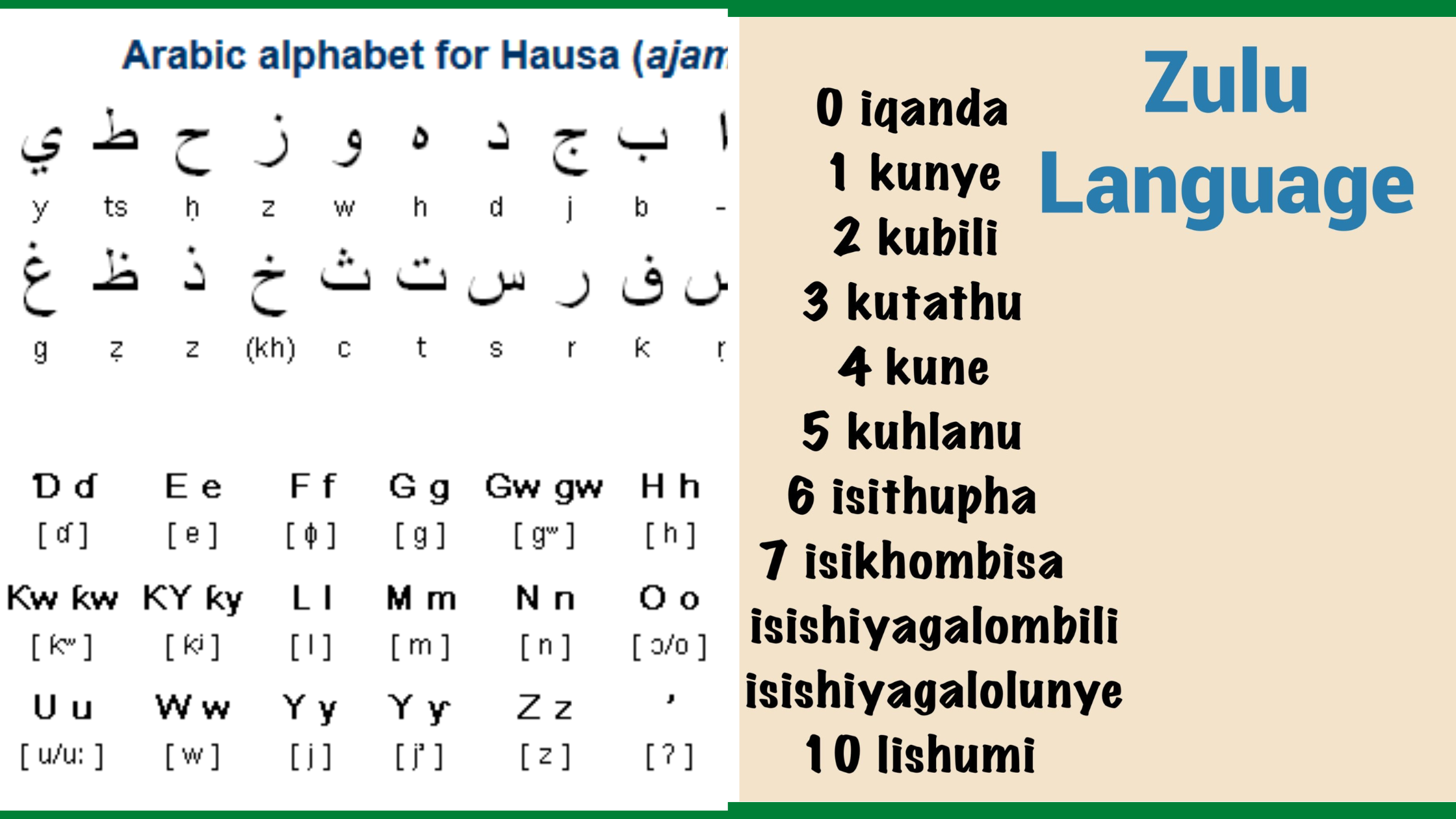
Africa is the second-largest continent on earth, with a total area of nearly 30 million square kilometers, Africa is home to roughly 1.2 billion people, and even though there are about 2,000 indigenous languages spoken there, English, French, or Arabic are widely used in formal settings. European languages are used on official occasions due to Africa’s violent history and colonial past. Yet, individuals are making an effort to rediscover their own linguistic heritage, and in many areas, multiple languages are spoken.
African languages provide a broad perspective of the continent’s culture, history, and core beliefs. In addition to serving as a medium of communication, language represents who we are as a continent.
There are currently about 7 billion people on the planet, over 7,000 languages spoken, and 1000–2000 of those languages are spoken in Africa.
The population of Africa reflects the variety of languages spoken there. More than a million people speak at least 75 different languages natively in Africa.
Africa is regarded as the continent with the third-highest number of languages worldwide. Only 300 languages are spoken in Europe, while 20 of the most linguistically varied languages are spoken in Africa.
Diversity of Languages in Africa
According to studies, Africans have had more time than people in other parts of the world to develop their languages, which contributes to the richness of the continent’s linguistic diversity.
Nevertheless, cultural and political forces have also contributed to the development of African languages. While European countries prioritized assimilation and so drove less commonly spoken languages into extinction as they expanded their empires, languages in Africa were let to flourish, according to evolutionary linguist Salikoko Mufwene from the University of Chicago.
List of the top 10 Highly Spoken Languages in Africa
In no particular order, the most common languages in Africa are:
1. Swahili
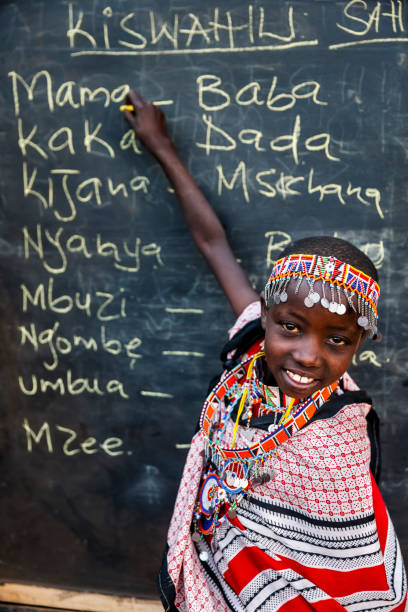
Over 150 million people in Central and Southern Africa and the Great Lakes region speak Swahili, one of the most widely spoken languages in Africa. The language is extensively spoken in East Africa and eventually spread to southern Africa, the Middle East, and the Indian Ocean. By the 14th century, it had reached Tanzania, Uganda, and Kenya. Those that live along the coast from Somalia to Mozambique speak Swahili as their native dialect.
2. Arabic

This language is regarded as one of the oldest in the world. In nations like Tanzania, Morocco, and Sudan, as well as Ethiopia, Niger, and Senegal, over 100 million people in Africa speak Arabic. both Chad and Eritrea. Arabic is spoken by around 17% of the population in Africa.
3. French

In 26 African countries, there are about 120 million speakers of French. French is widely spoken in North African nations including Algeria, Tunisia, and Morocco as well as in African nations like Gabon, Mauritius, Cote d’Ivoire, Senegal, and Sao Tome and Principe.
4. Hausa
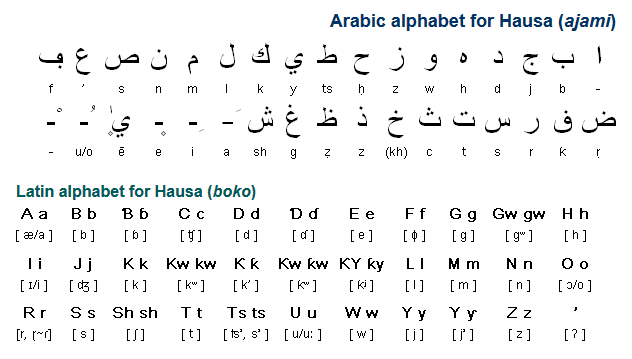
Almost 80 million Africans speak the Hausa language, which is spoken in Nigeria and Niger. In West African regions, the language is actively used in commerce and trade.
The fifth most widespread language in Africa is Hausa. Nigeria, Niger, Benin, Cameroon, Chad, Sudan, Mali, Burkina Faso, Ghana, Togo, Sierra Leone, and the Central African Republic are among the countries that speak Hausa. Certain regions of Northern Nigeria and Southern Niger are home to the language.
5. Yoruba
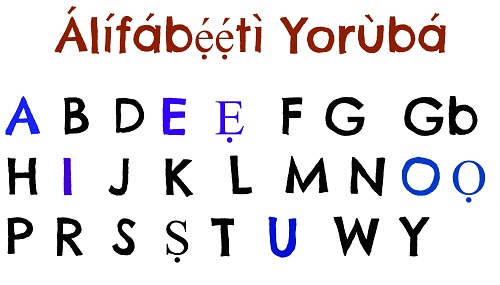
Yoruba is spoken by around 50 million people in Africa. It is a member of the Niger-Congo language family and is spoken in Nigeria, Togo, Benin, Ghana, the Ivory Coast, Sierra Leone, and Liberia.
Read about the Richest Women in Africa
6. English

English is widely used in African nations like Ghana, Botswana, Cameroon, Rwanda, Nigeria, Sudan, Sierra Leone, Liberia, Tanzania, and Uganda, where it is spoken by more than 250 million people.
One of the top three most popular languages in Africa, according to a World Bank survey, is English. English is acknowledged as the official working language for international communication by both the African Union and the UN. Africa has one of the fastest increasing populations in the world because to its thriving economy, and its people are eager for education. To compete on a global and economic scale, English is necessary
7. Igbo
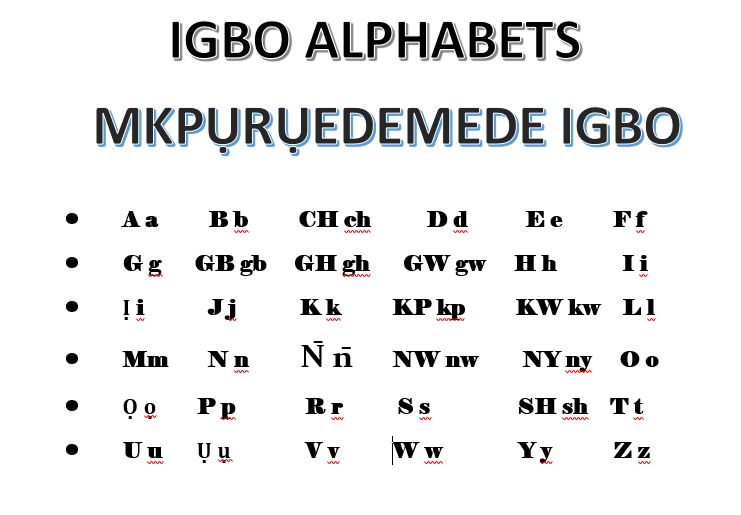
Twenty million people in Africa speak this widely used language, which has more than 20 distinct dialects, including Owerri, Eche, and, of course, Central Igbo. In addition to Nigeria, IGBO is spoken in Cameroon and Equatorial Guinea.
8. ZULU
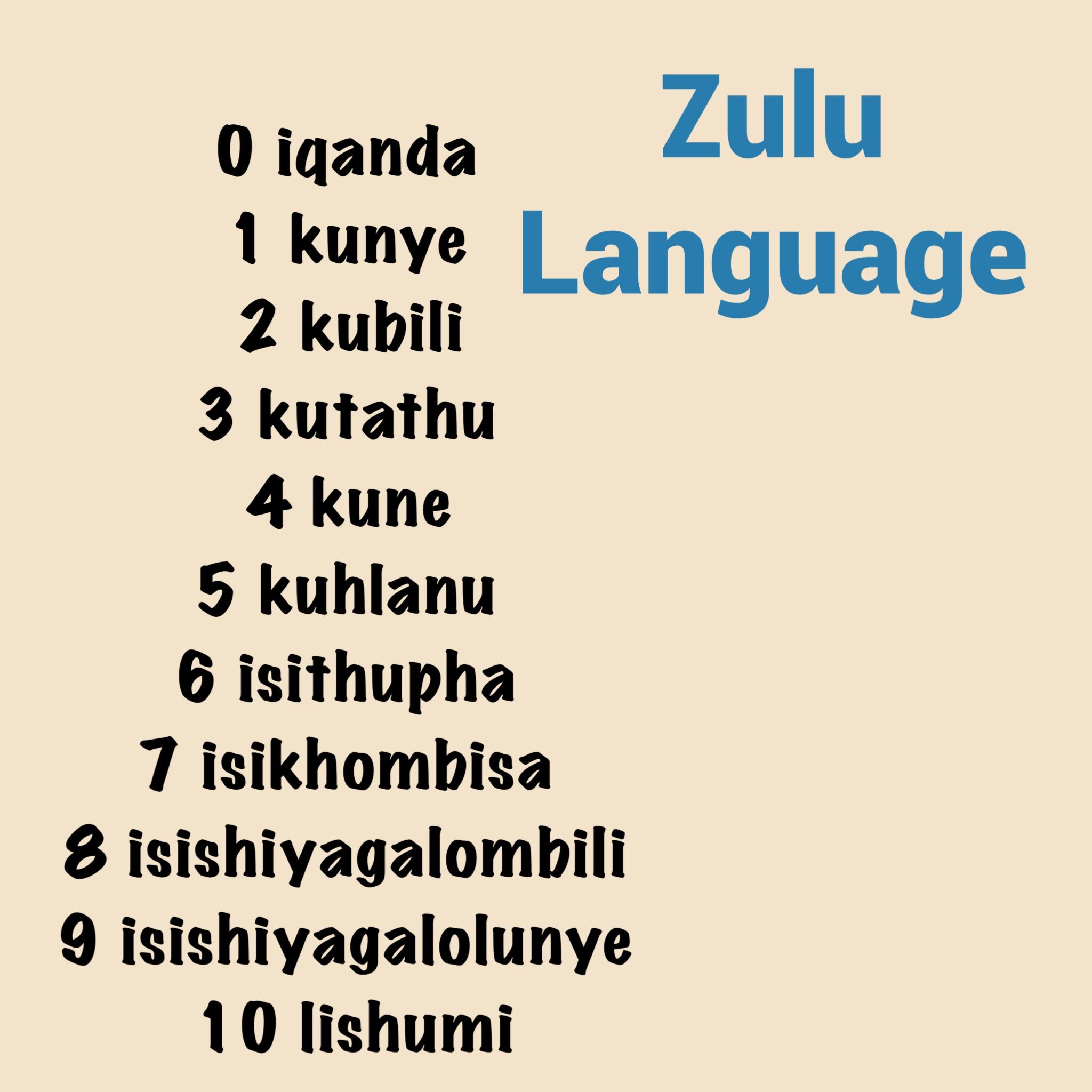
Almost 10 million individuals in South Africa speak ZULU as their first language. Languages like Xhosa and Ndebele are closely related to Zulu. In fact, because Zulu and Xhosa have so many dialects, many people believe they are speaking the same language.
Read More about the Powerful Queens in African History
9. Amharic
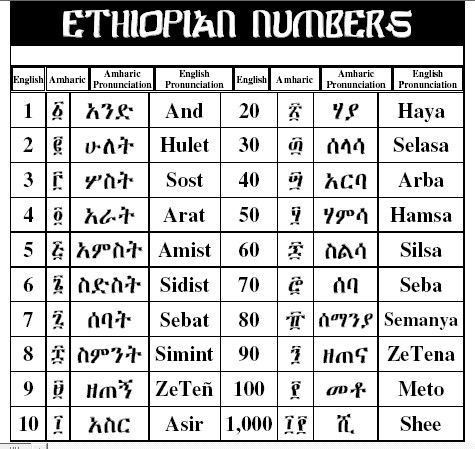
More than 57 million people speak this, which is one of Ethiopia’s official languages. Moreover, it serves as the official tongue of a number of the federal states in Ethiopia. The sixth most used language in Africa is Amharic. Some other nations use it as their primary language of communication. Amharic is one of the principal languages spoken in the globe, according to Ethnologies.
10. Fulfulde/Fula

The Fulbe, a West African ethnic group, speak Fula/Fulfulde as their native tongue. It is spoken differently depending on the region, as is typical with languages. For instance, the language is referred to as Fulani in Mali and Fulbe in Burkina Faso. The only significant West African language is Fula/Fulfulde that doesn’t have a written form.
Senegal, Guinea, Mauritania, Gambia, Mali, Burkina Faso, Ghana, northern Nigeria, Cameroon, Togo, Chad, Sudan, Somalia, Ethiopia, and Uganda are among the countries that speak the Fula language. In addition to being spoken as an unofficial language in many other African nations, it is the official language of Guinea and Senegal.
Why we Must Preserve African Languages?
We discover that many indigenous languages are disappearing and fading into obscurity. This is brought on by causes including urbanization, a lack of support for the languages from the media, national policy, and language speakers themselves, among other socioeconomic factors. African languages are “extincting” at a startlingly rapid rate.
The Igbo language, which at the time had roughly 25 million speakers, would go extinct by 2025, according to a sobering 2012 estimate from the United Nations Educational, Scientific, and Cultural Organization (UNESCO). And right now, many other African languages—some of which have even fewer native speakers—are experiencing a same destiny.
The cost issue is a major contributor to the lack of support for many languages. Governments are hesitant to allocate the funds required, for instance, for communication initiatives and school curricula. Due to this, kids end up studying in languages different than their “mother tongue” or first language, which plainly disadvantages them and hinders their ability to learn.
According to research, students learn content much more effectively when it is presented to them in their mother tongue, which increases their likelihood of success.
The world’s indigenous languages are in danger of dying out, with one dying every two weeks and many more at risk, according to the UN. In order to address how we might preserve and revitalize indigenous languages, the UN’s Directorate for Social Policy and Development (DSPD) diligently collaborates with linguistic and indigenous peoples experts from throughout the world.
The importance of preserving indigenous languages for both the indigenous peoples who speak them and the rest of the world is emphasized by Professor Megan Davis, the Chair of the Permanent Forum on Indigenous Affairs. According to her, it is essential to preserve indigenous languages in order to retain the cultural identity and dignity of indigenous peoples and preserve their traditional legacy.
The French government, for instance, is one of the most well-known “protectors of language,” given that French continues to be one of the Top 15 most widely spoken languages in the world. However, it’s not just indigenous people and those who stand up for oppressed ethnic minorities who are concerned.
Challenges Bedeviling African Languages
The colonial heritage, unfavorable perceptions of multilingualism, language development status, national integration, modernization and economic development, globalization, bad language attitudes, and defective language are the main causes of the low status and limited roles for African languages.
Sadly, it appears that not much can be done to stop the degradation of languages in Africa. In the hands of weak and unstable administrations with numerous demands on the available resources, language policy and language planning are weak tools. Linguists, particularly those who work in academic settings, don’t seem to have much time for such activities and lack enthusiasm. In reality, linguists who work independently of a community rarely have a voice, and those who do are rarely heard.
SUMMARY
The Africa culture is a rich one, and what solidifies the Africa culture is the languages that brings people together. Some African languages have gone into extinction, but we currently have over 2000 languages in Africa. these languages bring us all together as Africans, increases trade, and build a stronger economic tie between us all as individuals.
We have outlined above the lists of the most spoken languages in Africa which includes;
- Swahili
- Arabic
- French
- Hausa
- Yoruba
- Igbo
- Zulu
- Amharic
- Fulfulde/Fula
Read More:
Top Best Places to Visit in Africa
Sources: Pangea.global
Alphatrad.com
